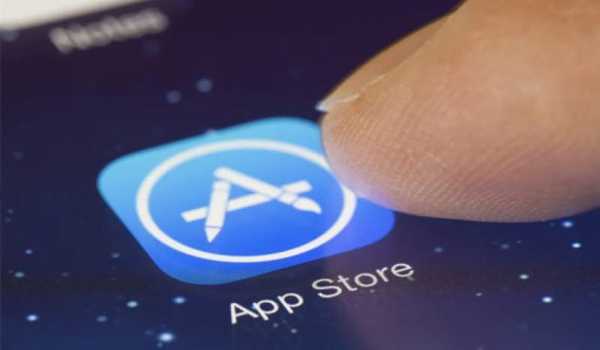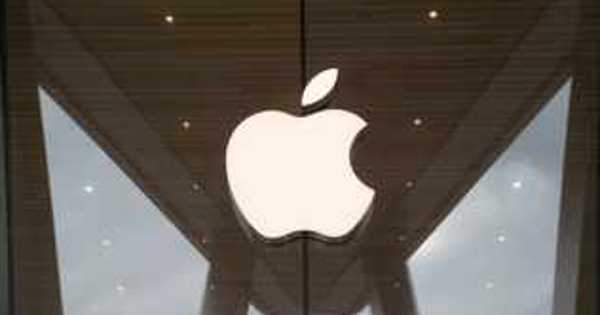Apple has announced that it will relax some of its App Store policies, allowing media apps to direct customers to their websites without paying a commission. Apple has agreed to relax payment restrictions on its App Store, a major change announced in a settlement with small developers, as the US technology behemoth faces increased scrutiny and legal challenges over its tightly controlled online marketplace.
The change, which will go into effect early next year, is being implemented to conclude an investigation by the Japan Fair Trade Commission. The change will exempt so-called reader apps that provide digital content such as newspapers, books, music, or video from using the App Store payment system and thus avoiding a 30% commission.
Apple has stated that it will relax rules on its App Store that prohibit companies such as Netflix from providing customers with a link to create a paid account in order to avoid Apple’s in-app purchase commissions.
Tech giant Apple has come under fire for its tight control of the App Store, where developers are required to use its payment system. It will loosen some of its App Store policies, allowing media apps to steer customers directly to their websites without paying commission.
“We have great respect for the Japan Fair Trade Commission and appreciate the work we’ve done together, which will assist developers of reader apps in making it easier for users to set up and manage their apps and services while protecting their privacy and maintaining their trust,” Apple Fellow Phil Schiller wrote in a blog post.
According to Apple, developers of digital content apps will be able to link to their websites where users can create or manage accounts. While the change is the result of an agreement with the JFTC, it will be applied globally to all reader apps on the App Store, according to the Silicon Valley tech giant.
The App Store is at the heart of the company’s $53.8 billion services segment. However, Apple will continue to prohibit developers from accepting other forms of payment within iPhone apps, a key practice that “Fortnite” creator Epic Games, Spotify Technology, and Match Group have stated they want to end.

“Apple should open up iOS on the basis of hardware, stores, payments, and services each competing individually on their merits,” Epic CEO Tim Sweeney tweeted, referring to Apple’s operating system. Instead, they’re recalculating divide-and-conquer tactics on a daily basis in the hopes of getting away with most of their tying practices,” he added.
Apple has been chastised for exerting such tight control over the App Store, where developers are required to use its payment system. Apple charges a commission of up to 30% on App Store sales of digital content or subscriptions, with the payment system ensuring that the company gets its cut.
“Because developers of reader apps do not sell in-app digital goods and services, Apple agreed with the JFTC to allow developers of these apps to share a single link to their website to help users set up and manage their account,” Apple explained in a blog post.
Apple takes commissions ranging from 15% to 30% on in-app purchases and erects barriers to prevent developers from directing users to payment alternatives. One such rule prohibited “reader apps,” which allow users to consume content purchased elsewhere, from providing a link to sign up for a paid account.
Apple stated that it agreed with the JFTC to allow app developers to share a single link to their websites to assist users in setting up and managing their accounts. Despite the fact that the change is part of an agreement with the JFTC, Apple stated that it would be implemented globally. The JFTC announced at a press conference that it had concluded a five-year investigation into Apple and that the company’s App Store guideline revision removed any suspicion of antitrust practices.
Apple has agreed to relax payment restrictions on its App Store, a major change announced in a settlement with small developers, as the US technology behemoth faces increased scrutiny and legal challenges over its tightly controlled online marketplace.
The change will enable small developers to inform their customers about payment options other than the official App Store. In a class-action lawsuit, the developers accused Apple of monopolistic distribution practices by acting as the sole portal for getting apps or other content onto iPhones and other iOS-powered devices. The proposed settlement is still subject to court approval.
















